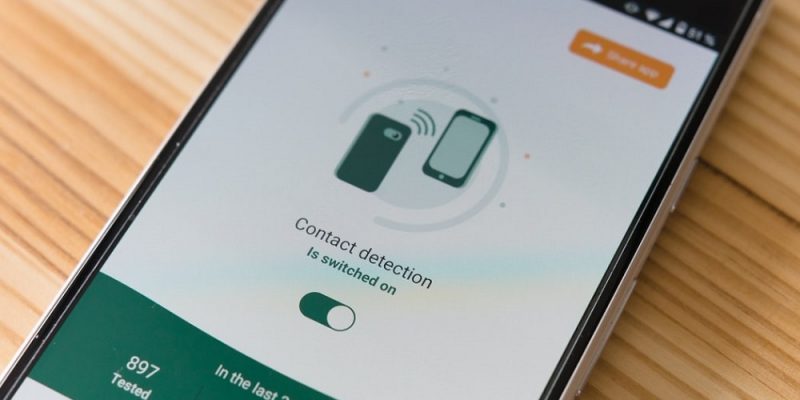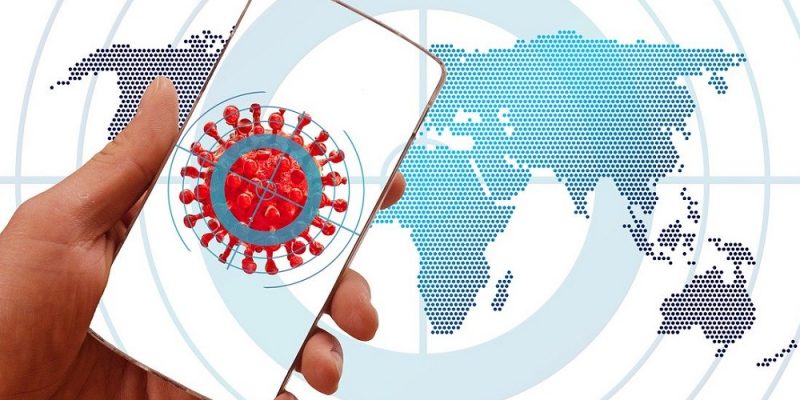 The FBI expects a surge of mobile banking threats
The FBI expects a surge of mobile banking threats
The increased use of mobile banking apps due to the COVID-19 pandemic is sure to be followed by an increased prevalence of mobile banking threats: fake banking apps and banking Trojans disguised as those apps, the FBI has warned. The problem The pandemic and the resulting social distancing brought about many changes. Among them is…









